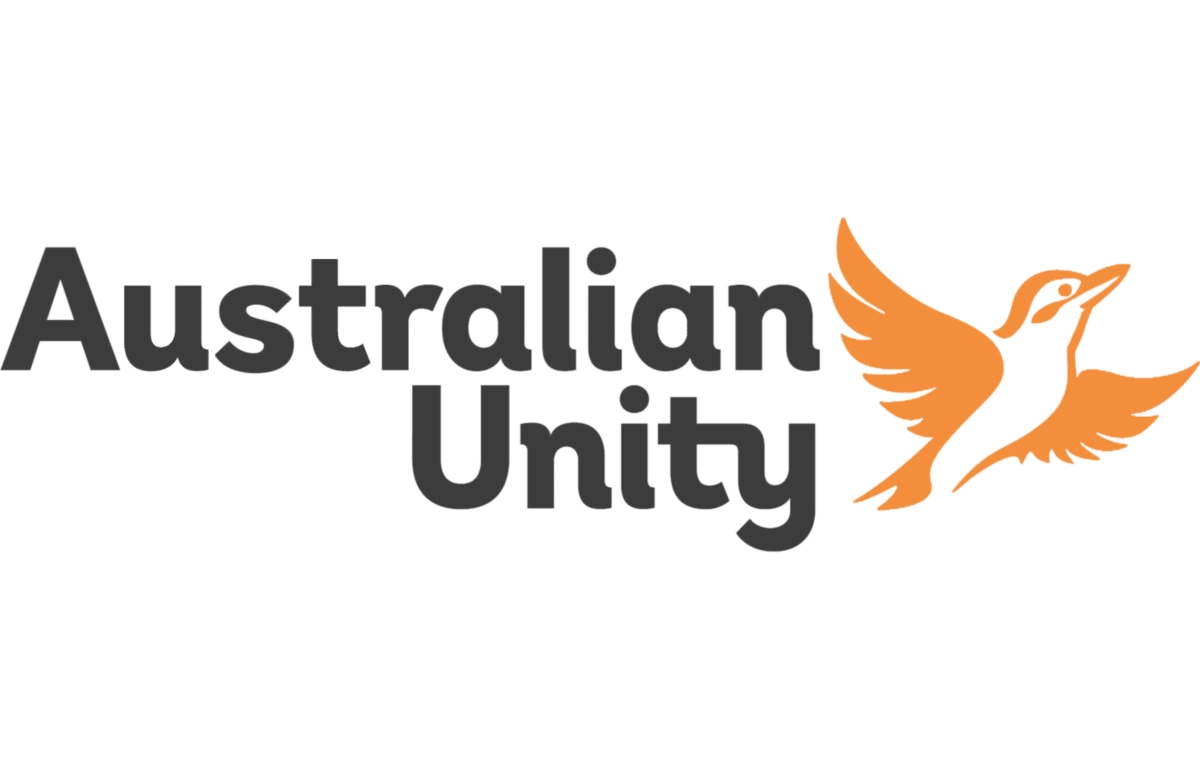Health insurance deals: January 2026
| Provider | Deal | How to get it | Expiry |
|---|---|---|---|
| Australian Unity | Get eight weeks of free cover on combined hospital and extras policies. | Sign up as a new member to an eligible combined hospital and extras product and maintain your cover for 60 continuous days from policy purchase. New is defined as not holding an Australian Unity policy in the 90 days prior to 31 March for eight weeks of free cover and 90 days prior to taking out the policy. Six weeks are applied within 30 days of completing the 60 days and the remaining two weeks are applied within 30 days of completing 12 months of membership. Mix'n'match hospital and extras cover is also eligible for waiting period waivers. | 31 March 2026 |
| nib | Get two and six-month extras waiting periods waived when signing up for a combined hospital and extras policy. | Sign up for an eligible combined hospital and extras product as a new customer (no nib or nib-issued products held or cancelled six months before or during the offer period). | N/A |
| Deals listed above are offers available currently through the insurers on Compare Club's panel. Savvy is partnered with Compare Club to bring you fast and simple health insurance comparisons. We don't compare all offers or providers on the market. | |||
How should I compare health insurance deals?
There are plenty of factors you should consider when comparing the best available health cover deals on the market. Here’s what you should be looking out for:
- Analyse the conditions on free cover incentives: deals like these could save you hundreds of dollars in your first year or two of coverage. However, you won’t usually receive it straight away. Make sure you check how long it takes for the premium waiver to kick in.
- Look out for waiting period waivers: another sign-up offer you might see is the removal of certain waiting periods on extras treatments. These can be restricted to two-month wait periods or can reach up to six. If you need extras treatments in the near future, this could help you out.
- Weigh up the overall cost: crunch the numbers before you buy your plan. Those six weeks of free cover might sound nice, but make sure you aren’t paying more overall with higher premiums.
- Make sure you don’t reset waiting periods: there may be situations where switching cover or provider resets your waiting periods on certain treatments. Double-check that it won’t happen but if it does and you still want to go ahead, make sure the saving is worth it.
- Consider whether added bonuses are worth it: things like free ambulance cover, additional health support and rewards programs can all be great additions and add value. Before you sign up, though, think about how much value they really bring and if they’re worth it.
Why compare health insurance policies through Savvy?
100% free service
There's no need for you to pay a cent to compare a variety of competitive policies side-by-side in one place.
Compare policies online
You can consider the inclusions, premiums, benefits and other key factors easily online, whether you're at home or on the go.
Trusted partners
We're partnered with Compare Club to help our customers lock in the best deal tailored to their needs.










